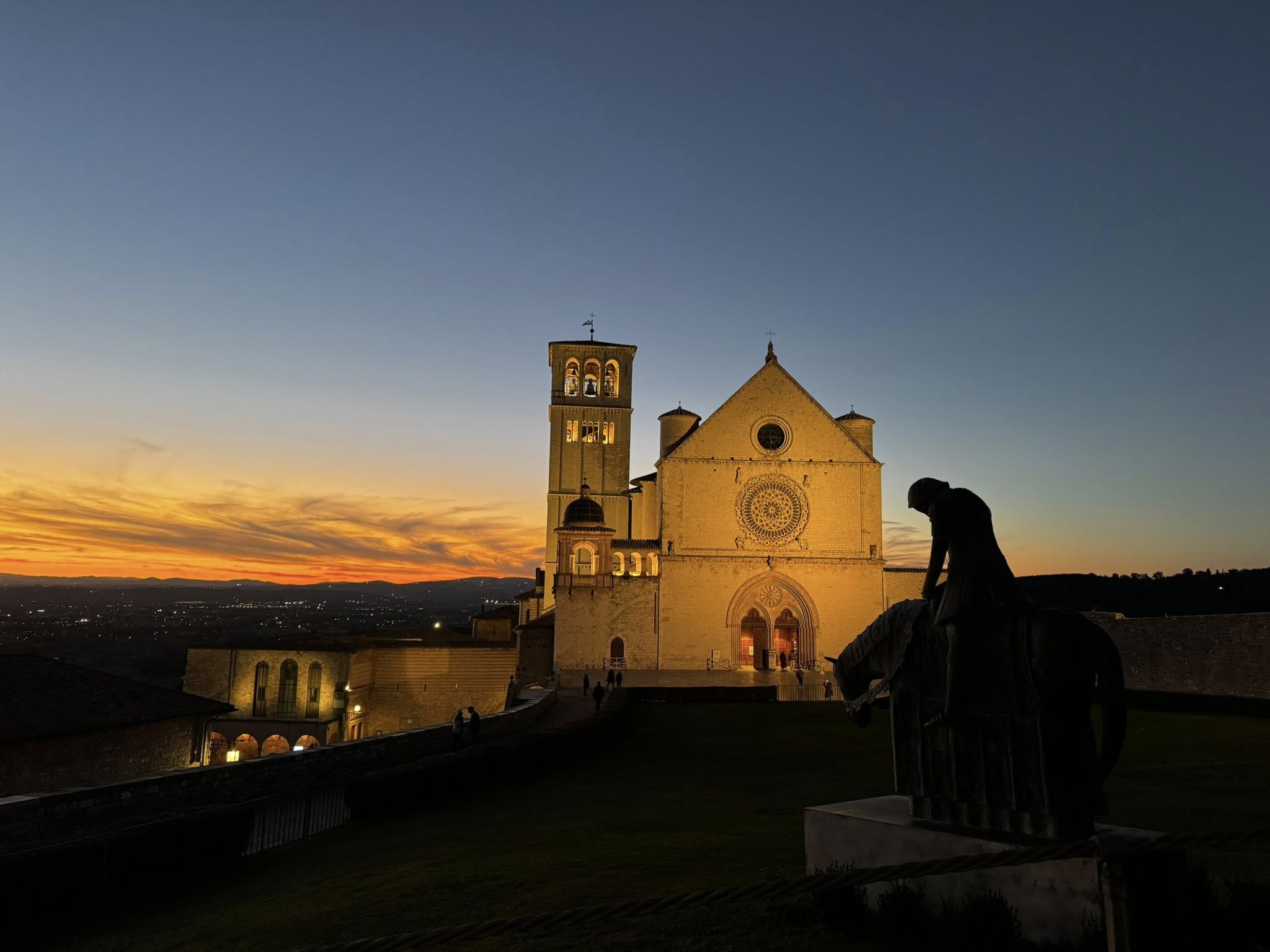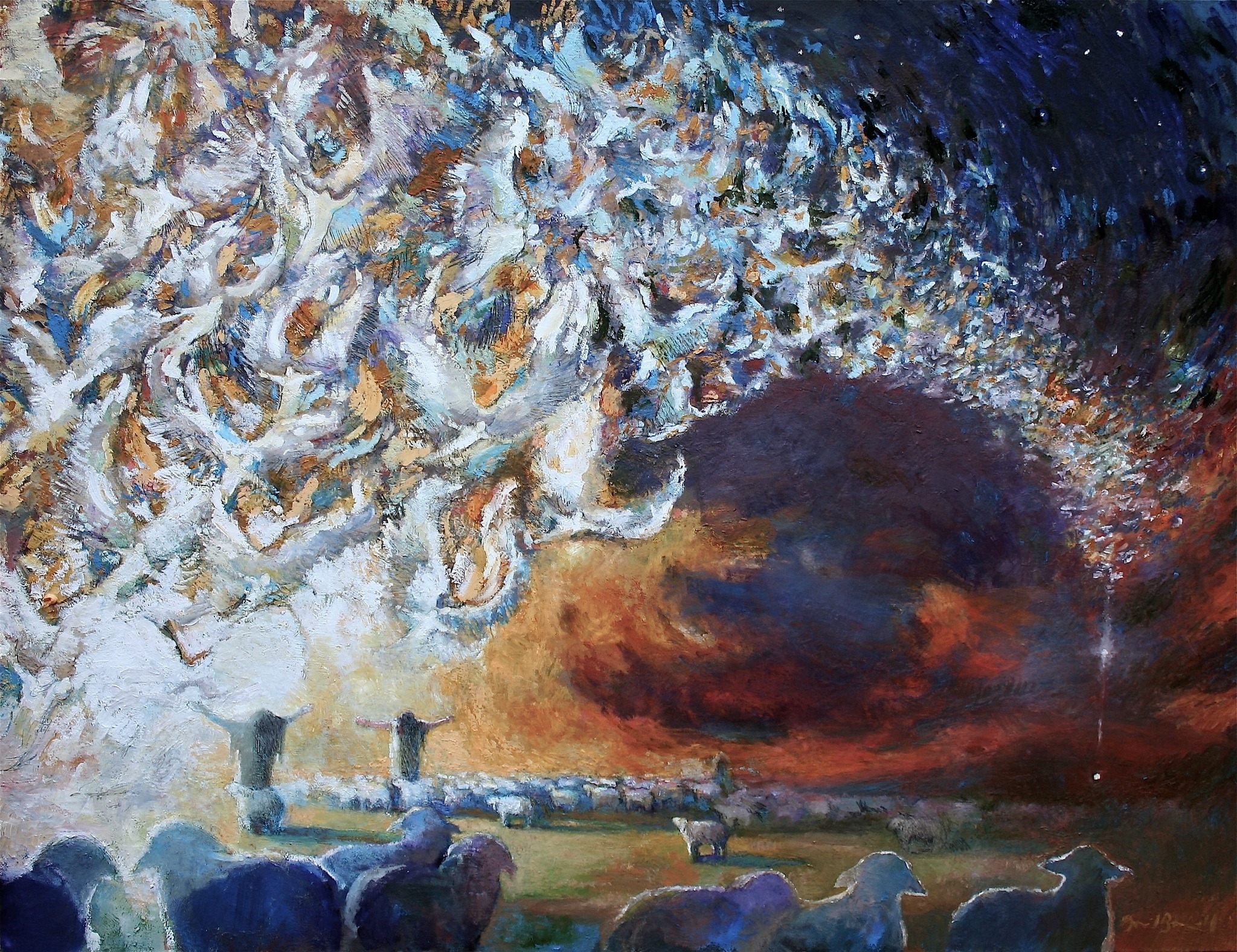– Rev José Mario O Mandía
Supernatural faith is one of several supernatural virtues. Supernatural (or infused) virtues are those virtues that God gives us whenever we receive grace (e.g., when we pray or receive the sacraments).
Other virtues are natural or human or acquired virtues: we can cultivate these virtues through consistent exercise (similar to the way we develop a muscle). Diligence, punctuality, courtesy, optimism, respect, loyalty, thoughtfulness, firmness, truthfulness, tact, fairness, courage are examples of these acquired virtues.
Among the supernatural virtues, the most important are what we call “theological virtues”: “So faith, hope, love abide, these three; but the greatest of these is love” (I Cor 13:13).
Why are faith, hope and charity called “theological”? The word “theological” comes from the Greek “Theos” (“God”) and “logos” (“account,” “reason,” “word” – among others). There are basically three reasons why these three virtues are called “theological.”
(1) They have God for their source: they come from God, and they grow when God pours more of them into the soul, and hence we need to pray to God if we want them to grow in us. When I sense that I lack faith, I need to beg God to make it more firm. When my hope wanes, I need God to revive it. When my love grows cold, I have to ask God to rekindle it. The love that God gives is so powerful that it is capable of loving enemies and people we dislike. We all need to ask God everyday: Domine, adauge nobis fidem, spem et caritatem! – Lord, increase our faith, our hope, our love!
(2) Theological virtues have God as motive or reason: the reason for believing, or hoping, or loving is God, not other reasons, such as those based on any created thing.
(2.1) We believe because God “has spoken to us” (Heb 1:2), not because Father X delivers great homilies or Bishop Y is such a kind man or because Catholics are consistently giving good example (we are not!). We believe not because we completely understand, but because He has spoken.
(2.2) We hope because “[t]he LORD is faithful in all his words” (Ps 145:13), he always fulfills his promises, and because He is merciful. Indeed, the whole Bible is all about His faithfulness and compassion. We have hope not because circumstances seem favorable or we think we are capable of achieving our goal. “For God alone my soul waits in silence, for my hope is from him” (Psalm 62:5). “Tota spes mea non nisi in magna valde misericordia tua” – “All of my hope,” exclaimed Saint Augustine, “is none other than in your exceedingly great mercy.”
(2.3) “We love, because he first loved us” (I John 4:19). We have received love in abundance, we need to give love in abundance. We love others not because they are kind to us, or they respect us, or because they listen to us … We love others because God has loved us and has commanded us: “A new commandment I give to you, that you love one another, even as I have loved you” (John 13:34).
We believe because God has spoken to us, we hope because He fulfills His promises, and we love because He has loved us “with an everlasting love” (Jeremiah 31:3).
(3) Theological virtues have God as end or object: it is in God that we believe, it is in God that we hope, it is God whom we love and for whose sake, we love others.
To what can we compare the theological virtues?
Faith is like night-vision goggles. Even when darkness seems to surround us, faith gives us a certain kind of vision.
Hope is like binoculars. It permits us to see far ahead to where we are going.
Love is the energy that powers us until we reach our destination.


 Follow
Follow

